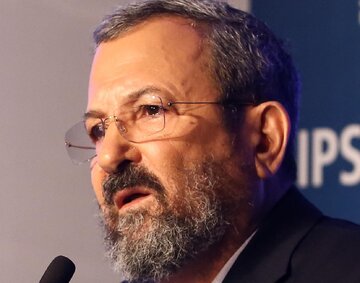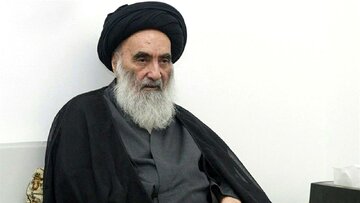Iraq's Shia Cleric Muqtada al-Sadr calls on Syria's transitional government to stop being passive in the face of repeated Israeli acts of aggression and "colonial moves" on Syrian soil.
Leader of Iraq’s Sadrist Movement Muqtada al-Sadr has warned against Israel’s “colonial advance” in Syrian territory, urging the head of the transitional government in Syria to take a stand in the face of continued Israeli acts of aggression on the Arab country.
Al-Sadr, a Shia cleric in Iraq, made the comments in a message to Ahmed al-Sharaa, also known by his nom de guerre Abu Mohammad al-Julani, whose militant group Hayat Tahrir al-Sham (HTS) led an offensive in December 2024 that toppled the government of Syrian president Bashar al-Assad.
Al-Sadr issued his message on Wednesday a day after Israel said it had conducted airstrikes on “military sites” in southern Syria, without specifying the exact locations of the strikes. A war monitor said at least two people lost their lives as a result.
The raids were the latest in Israeli airstrikes on Syrian soil over the past several years, which have continued after the transitional government led by al-Julani took power.
“We keep monitoring colonial moves by the Zionists and their terrorist aggression against Syria,” the Iraqi cleric said in his message issued in Arabic.
Al-Sadr condemned the Israeli airstrikes, calling on Arab governments, especially the Syrian transitional government “not to remain silent” in the face of the bombings and Israel’s “colonial advance” into Syrian territory.
He also called on al-Julani to stop making “sectarian remarks”, saying that an end to such remarks would help enhance unity among Islamic and Arab countries, enabling them to take a firm stance in the face of “Zionist-American aggression” in Syria, Lebanon and Gaza.
Last week, Israeli Prime Minister Benjamin Netanyahu said that the military would not allow “forces from the HTS organization or the new Syrian army” to enter the area south of the capital Damascus, including the Quneitra, Daraa and Suwayda provinces.






Your Comment